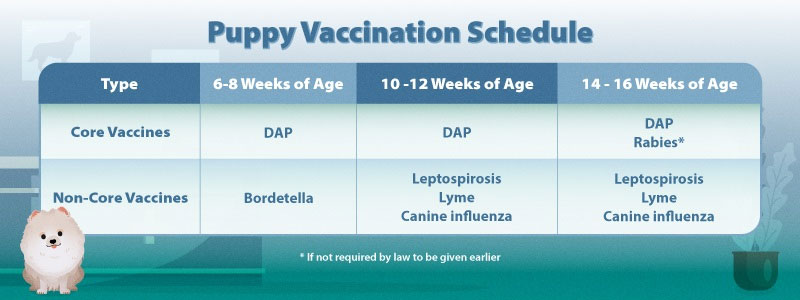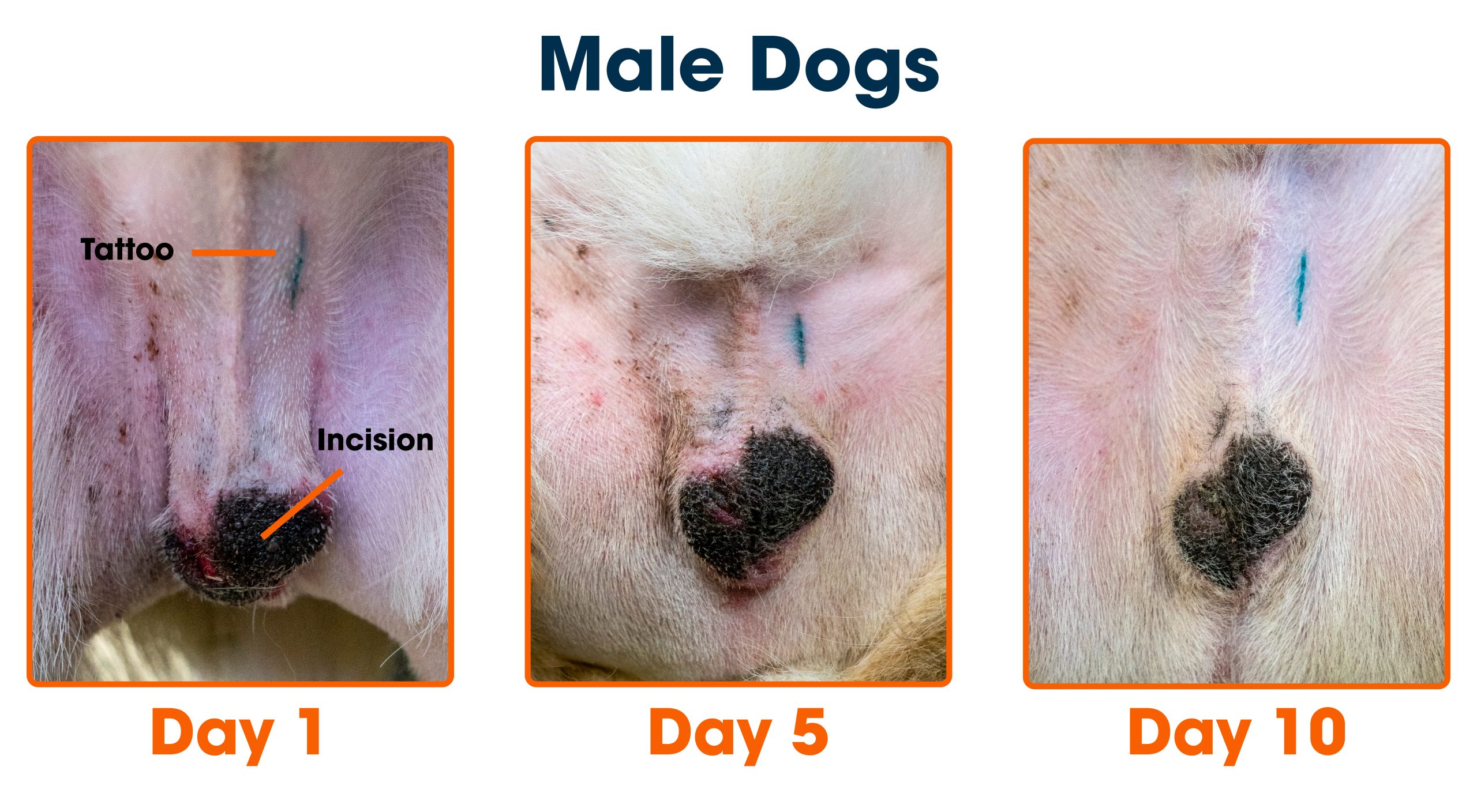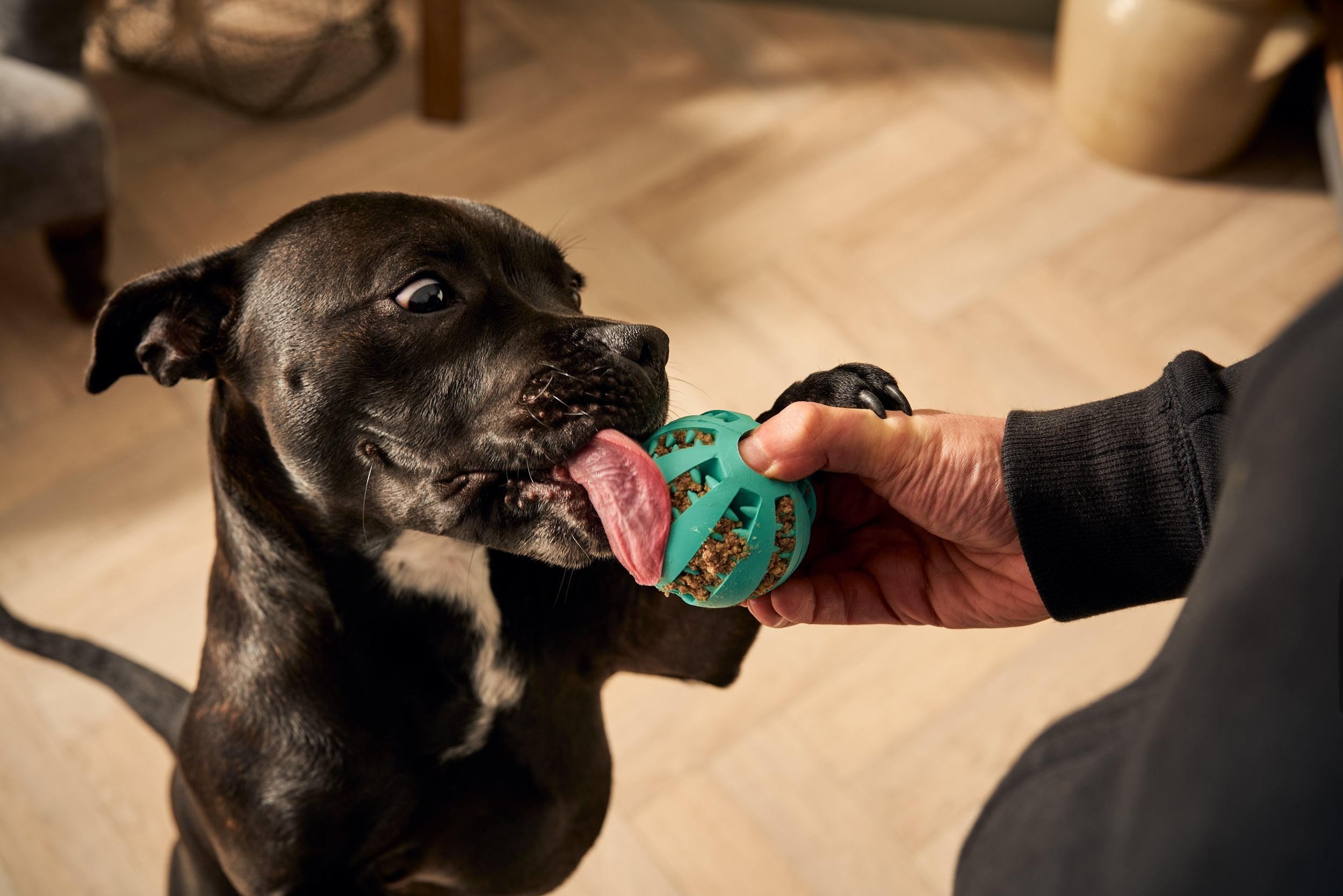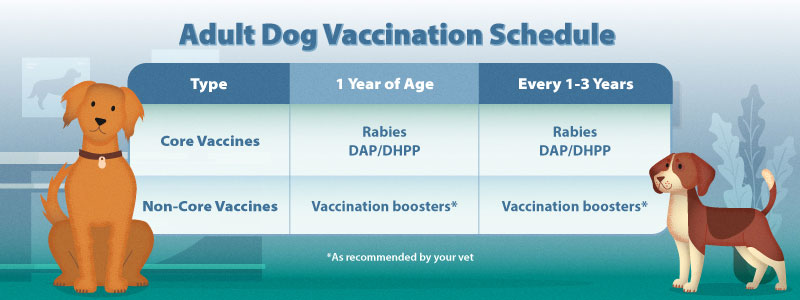If you’re a dog owner, you know how important it is to keep your furry friend healthy. One key part of that is getting your dog’s shots at the vet.
But you might be wondering—how much will these shots cost? Understanding the price can help you plan ahead and avoid surprises. You’ll find clear answers about the cost of dog vaccinations, why they’re essential, and tips to save money without sacrificing your pet’s health.
Keep reading to make the best choices for your dog and your wallet.
Common Dog Vaccines
Vaccinations protect dogs from serious diseases. They keep pets healthy and prevent the spread of infections. Some vaccines every dog needs. Others depend on lifestyle and location. Knowing common dog vaccines helps pet owners make smart choices. Understanding the difference between core and non-core vaccines is important for your dog’s health.
Core Vaccines
Core vaccines protect dogs from dangerous, widespread diseases. These vaccines are essential for all dogs. They include:
- Rabies:Prevents a fatal disease that can spread to humans.
- Distemper:Protects against a virus that affects the respiratory and nervous systems.
- Adenovirus (Canine Hepatitis):Guards the liver against infection.
- Parvovirus:Stops a severe intestinal illness, especially in puppies.
These vaccines usually come combined in one shot. Most vets recommend starting core vaccines at six to eight weeks old.
Non-core Vaccines
Non-core vaccines are for dogs at risk of specific diseases. These shots depend on the dog’s environment and lifestyle. Common non-core vaccines include:
- Bordetella:Helps prevent kennel cough, common in places with many dogs.
- Lyme Disease:Protects against ticks that spread infection.
- Leptospirosis:Guards against bacteria found in water and soil.
- Canine Influenza:Prevents dog flu outbreaks.
Your vet will suggest these based on risk factors. Vaccination plans vary by region and dog activity.
Factors Affecting Vaccine Costs
Understanding why vaccine costs vary can help you plan better for your dog’s healthcare. Several factors influence the price you pay at the vet. Knowing these can make the cost less surprising and give you a clearer idea of what to expect.
Vaccine Type
Not all vaccines cost the same. Core vaccines, like rabies and distemper, often have a standard price. However, non-core vaccines, such as Lyme disease or kennel cough, might be more expensive because they are less commonly stocked or require special handling.
Your dog’s age and health can also affect which vaccines are necessary. Sometimes, a combination vaccine that covers multiple diseases is more cost-effective than individual shots. Have you checked if your vet offers combo shots for your pet?
Geographic Location
Where you live plays a big role in vaccine costs. Urban areas with higher living costs usually have pricier vet services. Rural regions might offer lower prices but could have fewer options.
Local demand and competition among veterinary clinics also impact pricing. In some cities, you might find vaccine clinics offering discounts or special packages. Have you looked into community clinics or pet health events in your area?
Vet Clinic Pricing
Each veterinary clinic sets its own prices based on overhead, staff, and services offered. Some clinics include the cost of the consultation in the vaccine price, while others charge separately. It’s always smart to ask for a detailed price list before your visit.
Discount programs, membership plans, or bundling vaccines can reduce your total cost. Don’t hesitate to discuss payment options or ask if there are cheaper alternatives that still keep your dog protected.
Typical Price Range For Shots
Knowing the typical price range for shots at the vet can help you plan your dog’s healthcare budget better. Vaccinations are crucial for keeping your dog safe from serious diseases, but costs can vary widely. Understanding these costs upfront helps you make informed choices without surprises at the checkout.
Individual Vaccine Costs
Each vaccine your dog needs usually comes with its own price tag. Core vaccines like rabies, distemper, and parvovirus often cost between $15 and $40each. Non-core vaccines, such as those for Lyme disease or kennel cough, might be priced slightly higher, sometimes up to $50 or more.
Prices can also vary depending on where you live and the vet clinic’s pricing policies. Some clinics may charge extra fees for administering the shot or for office visits. Have you checked if your local vet offers transparent pricing for each vaccine? It can save you from unexpected costs.
Vaccination Packages
Many vets offer vaccination packages that bundle multiple shots together. These packages often provide better value than paying for each shot separately. For example, a puppy vaccination package might cost between $75 and $150and cover all core vaccines needed for the first year.
Packages may also include a general health exam, which adds to the overall cost but is an important benefit. If you have a busy schedule, these packages can reduce the number of visits you need to make. Would a package deal fit better into your budget and lifestyle?

Credit: www.carecredit.com
Additional Vet Visit Expenses
Visiting the vet for your dog’s shots often involves extra costs beyond the vaccine price. These additional expenses can vary by clinic and your pet’s needs. Knowing about them helps you prepare for the full bill and avoid surprises.
Examination Fees
Most vets charge a fee for examining your dog before giving shots. This check-up ensures your pet is healthy enough for vaccination. The cost usually ranges from $30 to $60. It covers the vet’s time and any basic health assessments.
Booster Shots
Some vaccines require booster shots to keep your dog protected. These boosters happen weeks or months after the first dose. Each booster may cost less than the initial shot but adds to the total expense. Keeping boosters on schedule is important for lasting immunity.
Other Treatments
Occasionally, vets find other health issues during the visit. They might suggest treatments like flea control, deworming, or blood tests. These extra services increase your vet bill. Discuss all recommended treatments to understand their necessity and costs.
Ways To Save On Vaccinations
Vaccinating your dog is essential, but the cost can add up quickly. Luckily, there are smart ways to save on these necessary shots without compromising your pet’s health. Knowing where to look and what options to consider can make a big difference in your budget.
Low-cost Clinics
Many communities offer low-cost veterinary clinics specifically for vaccinations. These clinics often run by nonprofit organizations or local animal shelters provide essential shots at a fraction of the price.
You can find these clinics by checking local shelter websites or community bulletin boards. Some even allow walk-ins, making it easier if you can’t schedule ahead. I once saved over 50% on my dog’s annual vaccines by attending a weekend clinic nearby.
Pet Insurance
Pet insurance might seem like an added expense, but it can save you money on vaccinations in the long run. Some plans cover routine care, including shots, which means fewer out-of-pocket costs.
Before purchasing, review the policy details carefully to ensure vaccinations are included. Have you checked if your current or potential policy offers this benefit? It’s worth asking your provider directly.
Vaccination Clinics And Events
Special vaccination events pop up seasonally, often organized by vets or pet stores. These events usually offer discounts or bundled services, which can lower your total cost.
Keep an eye on social media and local pet community groups for announcements. Attending these events can also connect you with other pet owners and experts who share tips on keeping shots affordable.

Credit: www.facebook.com
Importance Of Regular Vaccinations
Keeping your dog up to date with vaccinations is more than just a routine visit to the vet. Regular shots protect your furry friend from dangerous diseases and keep them healthy throughout their life. Understanding why these vaccinations are essential can help you make informed decisions about your pet’s care.
Health Benefits
Vaccinations shield your dog from illnesses like rabies, distemper, and parvovirus, which can be fatal or cause long-term health problems. They boost your dog’s immune system, helping it fight off infections more effectively.
Think about the last time you skipped a vaccine for yourself. You probably felt vulnerable to catching something easily preventable. Your dog’s body works the same way—it needs those shots to stay strong.
Legal Requirements
Many regions require certain vaccinations by law, especially rabies. These rules aren’t just for your dog’s safety—they protect your entire community from outbreaks.
Failing to keep up with these legal requirements can result in fines or restrictions on your dog’s activities. Have you checked your local laws recently? Staying informed means you avoid unexpected penalties and keep your dog’s life stress-free.

Credit: www.facebook.com
Frequently Asked Questions
How Much Do Dog Shots Typically Cost At Vets?
Dog shot prices usually range from $20 to $60 per vaccine. Costs vary by location, vet clinic, and type of vaccine. Core vaccines like rabies tend to be more expensive than non-core shots. Always ask your vet for a price estimate before vaccinations.
Are There Cheaper Options For Dog Vaccinations?
Yes, low-cost vaccination clinics and animal shelters often offer affordable shots. Some vets provide package deals or wellness plans to reduce costs. Discounts may apply for multiple vaccines given at once. Research local options to save money on your dog’s shots.
Which Dog Shots Are Essential And Why?
Core vaccines include rabies, distemper, and parvovirus, protecting against serious diseases. These shots are often legally required and vital for your dog’s health. Non-core vaccines depend on lifestyle and risk factors. Consult your vet to determine necessary vaccinations.
How Often Do Dogs Need Booster Shots?
Most dogs require booster shots every 1 to 3 years, depending on vaccine type. Rabies boosters are usually annual or triennial by law. Keeping up with boosters ensures lasting immunity and protects your pet from preventable illnesses.
Conclusion
Shots for dogs at the vet help keep pets healthy and safe. Costs can vary based on location and type of vaccine. Regular vaccinations prevent serious illnesses in dogs. Talk with your vet about the best shots for your pet.
Planning for these costs ensures your dog gets timely care. Protect your furry friend with proper vaccinations today. Health and happiness go hand in hand for pets. Simple steps like vaccines make a big difference.







